
Lot 322
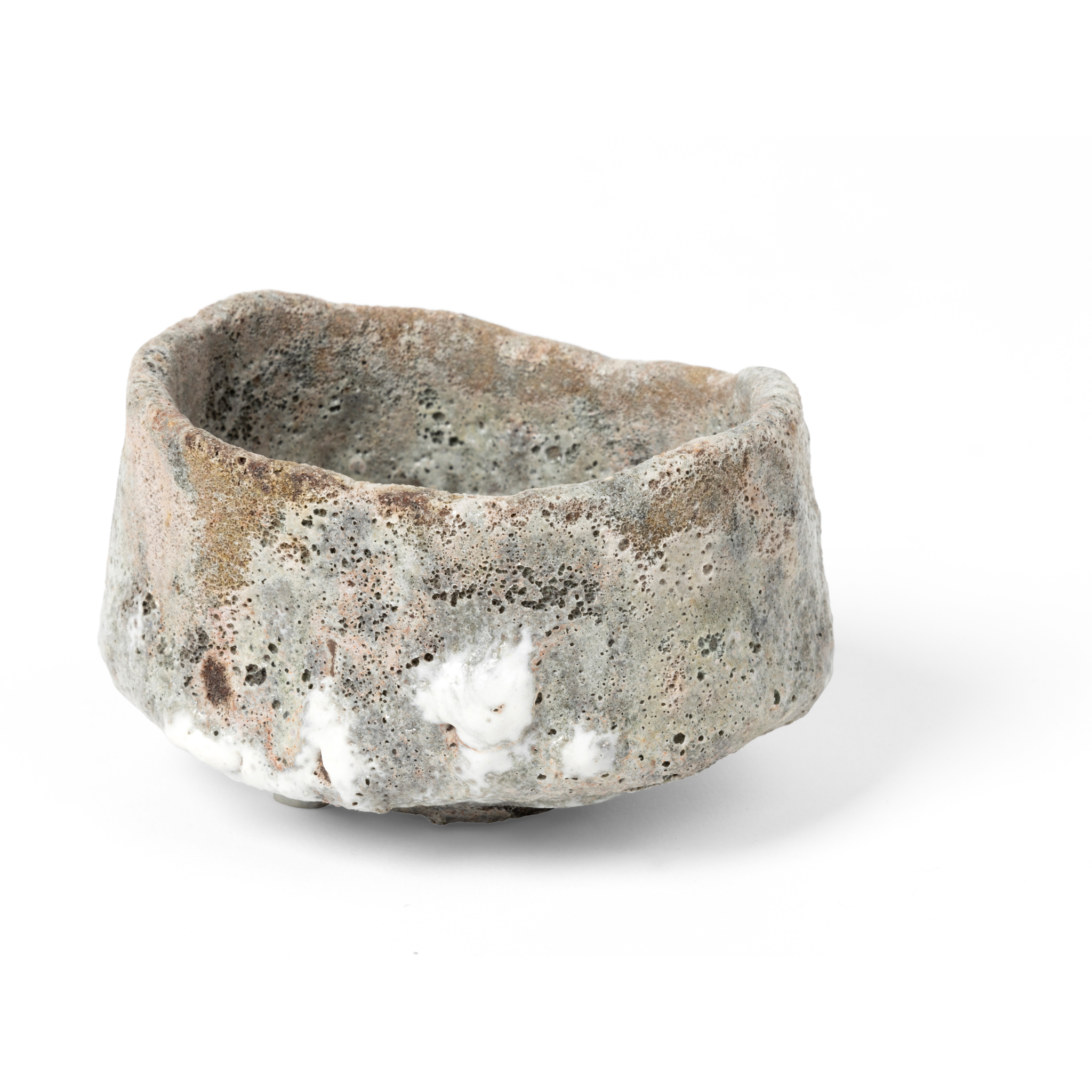
EWEN HENDERSON (BRITISH 1934-2000) §
TEA BOWL, 1990S
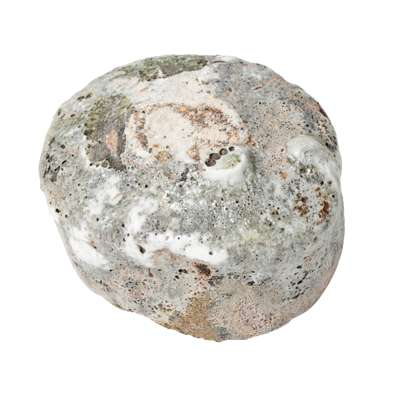
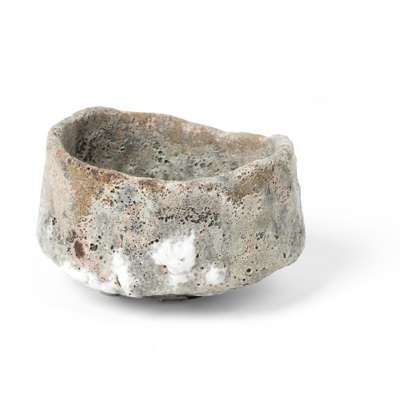


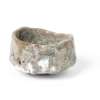
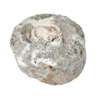
Auction: Day Sale (Lots 52 to 481) - 26 April at 10am
Description
mixed laminated clays, textured surface with white, pink and grey colours
Dimensions
7.3cm high, 11cm wide (2 7/8in high, 4 3/8in wide)
Footnote
FLUXED EARTH
For the celebrated British sculptor Ewen Henderson, ‘fluxed earth’, as he called clay, was capable of transforming and growing into abstract new forms. Remembered today for his expressive and emotive use of his materials, Henderson’s legacy as one of the most influential and innovative ceramicists of the late-twentieth century in Britain is a testament to his creativity and passion.
Born in Staffordshire in 1934, Ewen Henderson’s first foray into the arts was as a part-time student when he enrolled in evening classes during his National Service. From 1964, he became a full-time student at Goldsmiths College and then studied ceramics at Camberwell School of Art, where he was taught by Lucie Rie, Hans Coper, and Ian Godfrey. The technical mastery that Henderson developed and inherited from his teachers is immediately apparent when handling one of his ceramics. However, unlike Lucie Rie’s celebrated smooth and symmetrical forms, Henderson found success in his naturalistic and splintered pieces. Henderson soon abandoned his traditional potter’s wheel and opted to work by hand, feeling a greater dynamism that romantically connected him with the naturalistic asymmetry that was inherent to his materials.
During Henderson’s long career, he established himself as a prominent figure in modern British ceramics. With influences that ranged from ancient Mediterranean, Far Eastern, and Pre-Colombian cultures to early modernist sculpture, he developed his signature technique of applying different types of clay to compose a coherent and contemporary approach to his craft. After his formal training, Henderson continued to work at the Camberwell School of Art from 1970 until his death in 2000. Over these three decades, his work evolved and developed as he continually explored and experimented with the limits of clay as a means of three-dimensional drawing.
We are delighted to be able to offer a curated selection of works by Ewen Henderson that tell the story of the artist’s career, from works such as his two early vessels (lots 321 and 324), whose elegant simplicity of form and shows his interest in ancient and Far Eastern civilisations. This continuation of his stylistic journey can be seen when considered alongside pieces such as his Standing Vessel (lot 325) from the 1980s, through to his Amphora Form (lot 326) from circa 1992 – demonstrative of Henderson’s fascination with the power of clay and how its materiality could be manipulated in evocative manners to create fascinating works of art that interrogate form and functionality.






